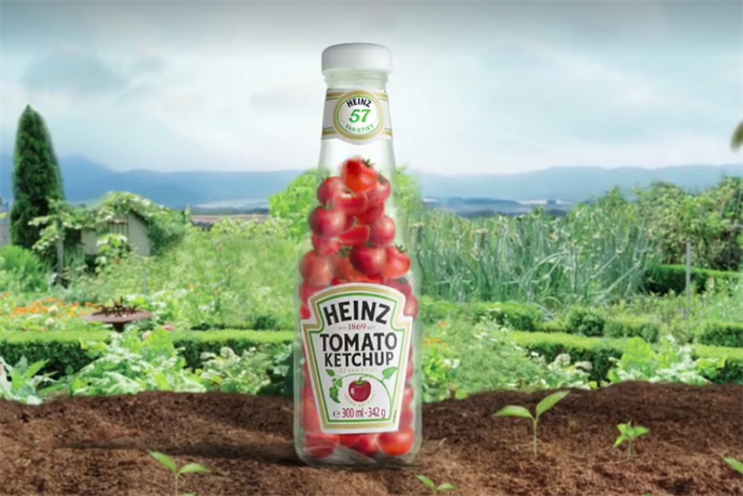Mergers always say they will reap the "best of both", a DNA dream that is rarely realised. So it's probably better for all sides that the Kraft Heinz/Unilever merger has died a death.
I worked at Kraft as European vice-president marketing, when it acquired Cadbury and partnered with Unilever for seven years during my time at Ogilvy, mostly on Dove, creating "The 北京赛车pk10 for Real Beauty". Kraft has since spun off Mondelez, merged with Heinz and Unilever has evolved under Paul Polman. So, knowing both firms’ cultures and orientations, I think there would have been a hell of a culture clash.
Unilever has always had a purpose-driven ethos, from the days of Lord Leverhulme who created Port Sunlight. This made it the company that pioneered purpose as a key driver of brand strategy, most famously on Dove and followed by "Dirt is good" for Persil. Then it put purpose on steroids when Paul Polman returned from the siege in Mumbai's Taj Hotel and rammed the sustainability agenda into the organisation. In Unilever, you have an intelligent organisation that is full of heart and soul.
Kraft got a really bad rap in the UK when it acquired Cadbury
Kraft Heinz is not a purpose-driven organisation, largely because it is a company created by a series of mergers, acquisitions and demergers. While very ethical, almost puritanically so, its drivers are more practical and functional.
Kraft got a really bad rap in the UK when it acquired Cadbury. The brand was loved by its customers, had had one great television commercial in the recent past but lacked any brand strategy for Dairy Milk, its biggest brand, and had had almost no recent investment in product quality, design or innovation. Customers preferred Galaxy in blind taste tests and over 30% of shoppers couldn't find the product on the shelves in supermarkets.
We invested in improving the taste of Cadbury Dairy Milk, in innovation, packaging and in its retail presence. Proof that Kraft invests in and cherishes its brands just as much as any other company does. The asset-stripping cliché beloved by the media was not what I experienced with regard to the brands. It cherishes them differently from Unilever, with a relentless focus on product quality, whereas Unilever tends to deliver most strongly on brand equity.
Unilever is a truly global enterprise and embraces difference readily, while Kraft Heinz has a folksy, down-home but ultimately US-centric culture where fitting in is prioritised
Kraft is very hot on efficiency, from factory production involving six sigma process improvement to a highly effective go-to-market operation. It values these practical skills as highly as creativity and they drive much of the success of the company. Unilever values creativity, flair and intelligence more highly, also critical success factors. Just different.
Another big issue is the difference in global orientation and inclusiveness of the two firms. Unilever is a truly global enterprise and embraces difference readily, enjoys debate and celebrates characters in the organisation. It is argumentative, which doesn’t make it always a comfortable culture or even a particularly efficient organisation, but it makes it a creative environment and a great place to work. Kraft Heinz has a folksy, down-home but ultimately US-centric culture, where fitting in and alignment are prioritised.
Clearly the strong global footprint of a Unilever, with businesses in almost 100 countries vs just over 40 for Kraft Heinz, would have been a great asset in the combined organisation. But its outlook on life is at odds with the "America First" orientation of its suitor. Had the US leadership taken over, the chances are that the talent would have voted with its feet.
Someone once said that heaven is where the police are British, the chefs are French, the mechanics are German, the lovers are French and it's all organised by the Swiss but hell is where the police are German, the chefs are British, the mechanics are French the lovers are Swiss and it's all organised by the Italians!
Conserving the charisma of Unilever with the capability of Kraft Heinz, would have been a tall ask.
Daryl Fielding is a former Kraft European vice-president marketing and has worked with Unilever's Dove during a seven-year spell at Ogilvy.


